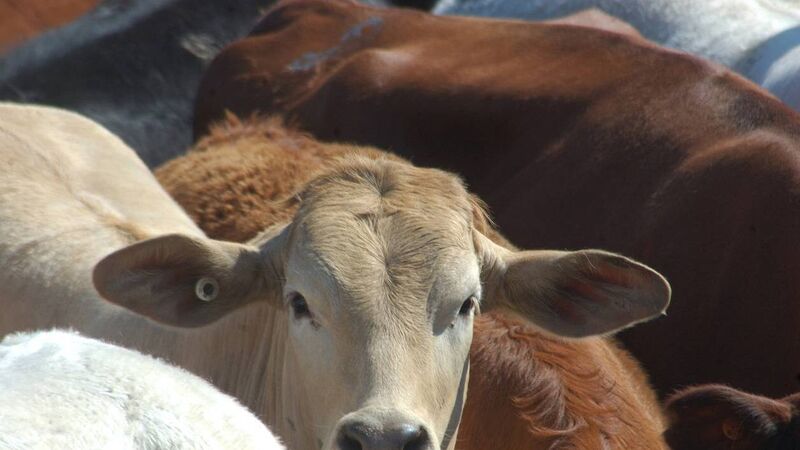‘Bewildering’ to omit meat-eating reduction from UN climate plan

FAO report criticised for 'completely dismissing alternative proteins', such as plant-based meat, to reduce the impact of livestock on the environment
The omission of meat-eating reduction from proposals in a UN roadmap to tackle the climate crisis and end hunger is “bewildering”, according to academic experts.
The group also criticised the UN Food and Agriculture Organization’s (FAO) report for “dismissing” the potential of alternative proteins, such as plant-based meat, to reduce the impact of livestock on the environment.
CLIMATE & SUSTAINABILITY HUB













